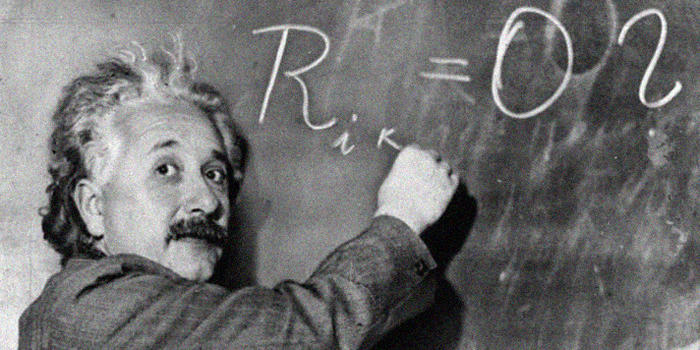According to Einstein’s theory of relativity, space-time is warped in different parts of the universe. What Einstein did not predict, but which my friend Nicholas has keenly observed, is that the same is true on a planetarian scale. Essentially, different parts of the world, specifically university campuses, have a disrupted space-time continuum.
Take mine and Nick’s friend as an example: single at the start of the semester, then suddenly in a relationship two weeks after meeting her boyfriend. Significantly, she is not an isolated case. The same happened to two other friends. In all likelihood, these scenarios are not foreign to any university student.
It appears the space-time laws that rule human interaction are compressed at university. Why? Probably because so many students are kept so close together with so much time and so many opportunities to socialise. The effect is that romantic relationships are accelerated. This would explain my friend’s paradoxical claim from the other day: “It feels like I’ve known her [his girlfriend of three weeks] for so long”. Beyond intensifying a relationship, I asked Nick how he thought ‘the Bubble’ affected campus couples.
Firstly, does the acceleration make the relationship “less real”? In his opinion, it does not. Whether a relationship develops quickly or slowly, the speed does not affect the genuineness of the couple’s feelings. However, because the couple experience the relationship so intensely, it can be that the individuals believe their feelings to be deeper for each other than they actually are. If two people spend the better part of the day together every day, they might not have enough time or distance to properly reflect on the other person and their feelings for that person.
Secondly, is it unhealthy for a relationship to develop very quickly? Nick believes that as long as the two people are aware of what is happening, the Bubble should not be a problem. That does not mean that there won’t be some challenges.
For instance, the acceleration can put unnecessary pressure on the couple. Even though making a relationship “official” might seem like the next natural step for two people who constantly enjoy each other’s company, one person might not feel ready. Despite needing more time, the person might find themselves trapped in a relationship because they do not have an “excuse” to spend less time with their partner without upsetting them – an “excuse” such as going to work (full-time) or living in a distant part of town.
Lastly, is the Bubble inevitable for university relationships? To some extent, yes. However, circumstance, personality and awareness frame how different students experience the Bubble. If a student is very occupied with a part-time job, societies or their studies, their relationship is not likely to develop as quickly. Furthermore, if a student is aware of the Bubble, they can balance their time more consciously and carefully.
Although this article has been very critical of the university bubble, it is important to remember that the Bubble is not intrinsically bad or good. It simply is. Relationships can work inside of it and outside of it. In fact, it can be a wonderful thing to experience a relationship intensely; to see the person you like or love every day. I honestly believe that as long as the couple is aware and balances their time, the Bubble has more perks than drawbacks.
Mariana Avelino
(Photo credit: http://www.amnh.org/exhibitions/einstein/)

